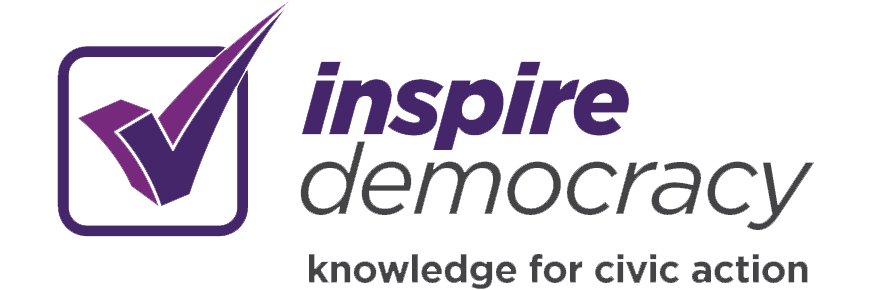

Every riding in Canada has a local Elections Canada office, which opens when a general election or by-election is called. The returning officer for the riding works at the office, along with the election workers who help plan the delivery of voting services, manage budgets and resources, revise the lists of electors and communicate with the public.
When you work at a local Elections Canada office, you work for the entire election period (beginning 36 to 50 days before election day) from 7.5 to 12 hours a day, including weekends. The number of days you work will depend on the job.
Election workers at local offices prepare everything that people need to vote. Their duties include:
These are paid positions.
Visit the Elections Canada website to learn more about the requirements and roles of staff at local Elections Canada offices and to find the most up-to-date information on pay rates.
Check the Administrative Staff Employment page of Elections Canada's website for current opportunities or reach out to your local Elections Canada office (during an election only). Returning officers hire office staff both before and after an election is called.

The Community Relations Officer Program is a key part of Elections Canada's outreach activities. Its goal is to provide information to assist electors in target groups that face barriers to registering and voting. These groups include:
During each federal election, returning officers are asked to evaluate, within their riding, the needs of electors in these groups. The returning officer then appoints one or more community relations officers to reach out to these groups and make voting as accessible as possible to them.
By sharing information on where, when and the ways to register and vote, the community relations officers help electors in the target groups improve their knowledge and understanding of elections and overcome barriers to participating.
To find out with which groups in your community are served by a community relations officer, call your local Elections Canada office (during an election only).
If you're interested in being a community relations officer, you need experience in building good community relations and in working with different communities. You must know about the customs, cultures and sensitivities of the target groups and have established contacts with organizations that offer services to them.